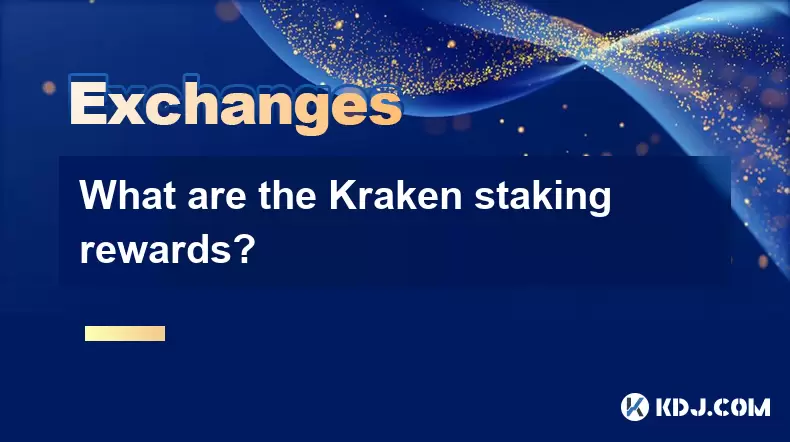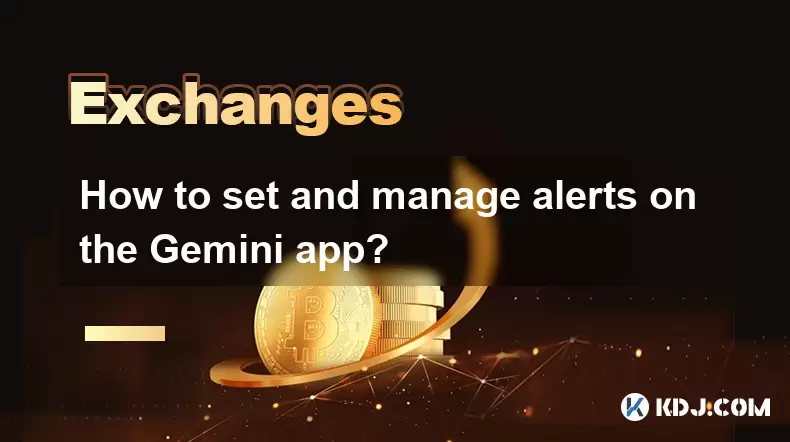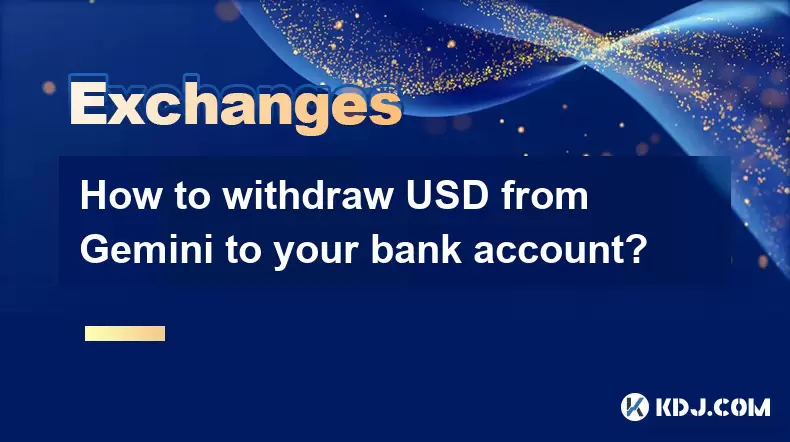-
 Bitcoin
Bitcoin $114400
1.32% -
 Ethereum
Ethereum $3499
2.20% -
 XRP
XRP $2.922
4.26% -
 Tether USDt
Tether USDt $0.0000
0.03% -
 BNB
BNB $752.6
1.53% -
 Solana
Solana $161.8
1.64% -
 USDC
USDC $0.9999
0.01% -
 TRON
TRON $0.3267
1.32% -
 Dogecoin
Dogecoin $0.1991
3.02% -
 Cardano
Cardano $0.7251
3.29% -
 Hyperliquid
Hyperliquid $38.32
3.36% -
 Stellar
Stellar $0.3972
7.58% -
 Sui
Sui $3.437
2.74% -
 Chainlink
Chainlink $16.29
3.65% -
 Bitcoin Cash
Bitcoin Cash $545.3
3.70% -
 Hedera
Hedera $0.2482
7.49% -
 Ethena USDe
Ethena USDe $1.001
0.03% -
 Avalanche
Avalanche $21.40
2.02% -
 Toncoin
Toncoin $3.579
1.56% -
 Litecoin
Litecoin $109.3
2.20% -
 UNUS SED LEO
UNUS SED LEO $8.951
-0.18% -
 Shiba Inu
Shiba Inu $0.00001220
2.75% -
 Polkadot
Polkadot $3.613
2.99% -
 Uniswap
Uniswap $9.173
3.78% -
 Monero
Monero $302.6
2.62% -
 Dai
Dai $0.0000
0.00% -
 Bitget Token
Bitget Token $4.320
1.52% -
 Pepe
Pepe $0.00001048
3.40% -
 Cronos
Cronos $0.1314
4.33% -
 Aave
Aave $259.4
3.54%
What are the Kraken staking rewards?
Kraken allows users to earn passive income by staking cryptocurrencies like Ethereum, Cardano, and Solana, with rewards based on network APY and subject to platform fees.
Jul 08, 2025 at 07:49 pm

Understanding Kraken Staking and Its Rewards
Kraken is one of the most established cryptocurrency exchanges in the United States, known for its robust security features and a wide range of supported digital assets. Staking on Kraken allows users to earn passive income by locking up certain cryptocurrencies to support the operations of proof-of-stake (PoS) blockchains. In return for this service, users receive staking rewards, which are typically paid out in the same cryptocurrency they have staked.
The exact reward rates vary depending on several factors including network conditions, inflation rates, and the total amount of coins being staked across the network. Kraken simplifies the staking process by handling all technical aspects, allowing users to focus solely on earning returns without worrying about node management or uptime requirements.
Which Cryptocurrencies Offer Staking Rewards on Kraken?
Kraken supports staking for a variety of PoS-based cryptocurrencies. Some of the major ones include:
- Ethereum (ETH): After the Ethereum merge, ETH holders can stake their tokens directly through Kraken.
- Cardano (ADA)
- Solana (SOL)
- Polkadot (DOT)
- Algorand (ALGO)
- Tezos (XTZ)
Each of these cryptocurrencies has different staking mechanics and reward structures. For example, Ethereum requires a minimum of 0.01 ETH to begin staking, while other networks like Cardano do not impose such thresholds. Users should check the specific requirements for each asset before initiating the staking process.
How Are Staking Rewards Calculated?
Staking rewards on Kraken are calculated based on the network’s annual percentage yield (APY), which fluctuates over time. The APY depends on how many validators are active on the network, the inflation rate set by the protocol, and the total supply of the token being staked.
For instance, if the APY for Tezos (XTZ) is 4%, then a user who stakes 1,000 XTZ would expect to earn approximately 40 XTZ per year, assuming the APY remains constant. However, since APYs are dynamic, actual earnings may differ. Kraken updates these rates regularly and provides an estimate of potential earnings before users commit their funds.
Additionally, Kraken deducts a small fee from the staking rewards as compensation for providing the staking infrastructure and services. This fee varies by asset but is generally around 5% to 15% of the total rewards earned.
Step-by-Step Guide to Staking on Kraken
To begin staking on Kraken, follow these steps:
- Create and verify your Kraken account: Ensure that your identity verification is complete, as some staking features may be restricted otherwise.
- Fund your account: Deposit the cryptocurrency you wish to stake into your Kraken wallet. You can do this via internal transfers or by sending funds from another wallet.
- Navigate to the Staking section: On the Kraken app or website, go to the “Earn” tab and select “Staking.”
- Select your preferred asset: Choose the cryptocurrency you want to stake from the list of available options.
- Enter the amount to stake: Input how much of the selected asset you'd like to lock up for staking.
- Confirm and start earning: Review the transaction details and confirm your staking request. Once confirmed, your assets will be locked and begin generating rewards.
Once staking is initiated, users can monitor their rewards in real-time through the dashboard. Rewards are typically distributed daily or weekly, depending on the blockchain's protocol.
What Happens to Your Coins While Staked?
When you stake your coins on Kraken, they remain in your account but become temporarily illiquid. You cannot trade or transfer them while they are staked, although you can usually unstake them at any time. However, some networks like Ethereum impose a delay period before the funds become available again.
For example, unstaking Ethereum on Kraken may take several days, depending on network congestion and finalization times. During this period, no rewards are accrued, and the funds are inaccessible. It's important to consider these liquidity constraints before staking large amounts.
Moreover, staking does not expose your coins to counterparty risk beyond what is inherent in the underlying blockchain. Kraken does not lend out your staked assets; instead, it participates in the consensus mechanism on your behalf.
Risks and Considerations When Staking on Kraken
While staking offers a way to generate passive income, there are risks involved:
- Market volatility: If the price of the staked asset drops significantly, earnings may not offset losses from depreciation.
- Network slashing: Some PoS networks penalize validators for downtime or malicious behavior. Although Kraken manages validators, users may bear a portion of these penalties depending on the platform's policies.
- Regulatory uncertainty: Staking could be classified differently under various jurisdictions, potentially affecting tax obligations or legal status.
Users should carefully review Kraken's terms and conditions for staking, especially regarding penalty sharing and withdrawal timelines.
FAQs
Q: Can I lose money by staking on Kraken?
A: Yes, due to market fluctuations or network penalties. While Kraken aims to minimize slashing events, the value of your staked assets can decrease if the market price drops during the staking period.
Q: Are staking rewards taxable?
A: In many jurisdictions, including the United States, staking rewards are considered taxable income. Users should consult with a tax professional or use crypto tax software to report earnings accurately.
Q: How often are staking rewards distributed?
A: Distribution frequency varies by asset. Some rewards are issued daily, while others are distributed weekly or monthly, depending on the blockchain’s protocol.
Q: Can I stake stablecoins on Kraken?
A: Currently, Kraken does not offer staking for stablecoins like USDT or USDC, as most stablecoins operate on centralized or non-PoS networks where staking isn't applicable.
Disclaimer:info@kdj.com
The information provided is not trading advice. kdj.com does not assume any responsibility for any investments made based on the information provided in this article. Cryptocurrencies are highly volatile and it is highly recommended that you invest with caution after thorough research!
If you believe that the content used on this website infringes your copyright, please contact us immediately (info@kdj.com) and we will delete it promptly.
- BCUT: Support Holds, Accumulation Hints at Potential Reversal
- 2025-08-04 10:50:12
- Bitcoin's Bullish Expansion: Decoding Bollinger Bands and Whale Bets
- 2025-08-04 10:55:12
- XRP, Solana, and Whales: Decoding the Crypto Tides
- 2025-08-04 11:10:11
- BlockDAG's Grand Finale: Auction Fever and the Dawn of a New Era
- 2025-08-04 10:30:12
- Kaia Files: Will South Korea Embrace a KRW-Pegged Stablecoin?
- 2025-08-04 10:30:12
- Kaspa, HBAR, and Cold Wallet: A New York Minute on Crypto's Latest Moves
- 2025-08-04 09:11:54
Related knowledge

How to set and manage alerts on the Gemini app?
Aug 03,2025 at 11:00am
Understanding the Gemini App Alert SystemThe Gemini app offers users a powerful way to stay informed about their cryptocurrency holdings, price moveme...

How to use the Gemini mobile app to trade on the go?
Aug 04,2025 at 09:14am
Setting Up the Gemini Mobile AppTo begin trading on the go using the Gemini mobile app, the first step is installing the application on your smartphon...

What to do if you forgot your Gemini password?
Aug 04,2025 at 03:42am
Understanding the Role of Passwords in Gemini AccountsWhen using Gemini, a regulated cryptocurrency exchange platform, your password serves as one of ...

What are the websocket feeds available from the Gemini API?
Aug 03,2025 at 07:43pm
Overview of Gemini WebSocket FeedsThe Gemini API provides real-time market data through its WebSocket feeds, enabling developers and traders to receiv...

How to withdraw USD from Gemini to your bank account?
Aug 04,2025 at 11:01am
Understanding Gemini and USD WithdrawalsGemini is a regulated cryptocurrency exchange platform that allows users to buy, sell, trade, and store digita...

How to manage your portfolio on Gemini?
Aug 03,2025 at 10:36am
Accessing Your Gemini Portfolio DashboardTo begin managing your portfolio on Gemini, you must first log in to your account through the official websit...

How to set and manage alerts on the Gemini app?
Aug 03,2025 at 11:00am
Understanding the Gemini App Alert SystemThe Gemini app offers users a powerful way to stay informed about their cryptocurrency holdings, price moveme...

How to use the Gemini mobile app to trade on the go?
Aug 04,2025 at 09:14am
Setting Up the Gemini Mobile AppTo begin trading on the go using the Gemini mobile app, the first step is installing the application on your smartphon...

What to do if you forgot your Gemini password?
Aug 04,2025 at 03:42am
Understanding the Role of Passwords in Gemini AccountsWhen using Gemini, a regulated cryptocurrency exchange platform, your password serves as one of ...

What are the websocket feeds available from the Gemini API?
Aug 03,2025 at 07:43pm
Overview of Gemini WebSocket FeedsThe Gemini API provides real-time market data through its WebSocket feeds, enabling developers and traders to receiv...

How to withdraw USD from Gemini to your bank account?
Aug 04,2025 at 11:01am
Understanding Gemini and USD WithdrawalsGemini is a regulated cryptocurrency exchange platform that allows users to buy, sell, trade, and store digita...

How to manage your portfolio on Gemini?
Aug 03,2025 at 10:36am
Accessing Your Gemini Portfolio DashboardTo begin managing your portfolio on Gemini, you must first log in to your account through the official websit...
See all articles

























































































